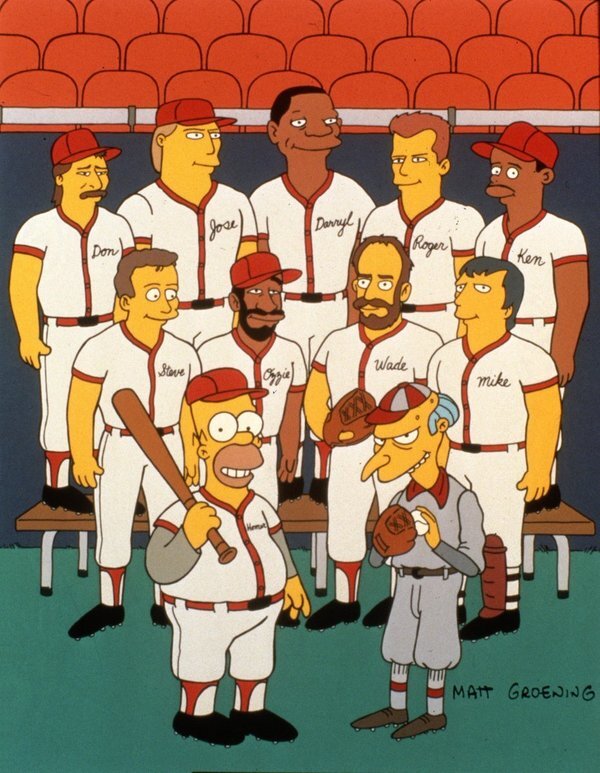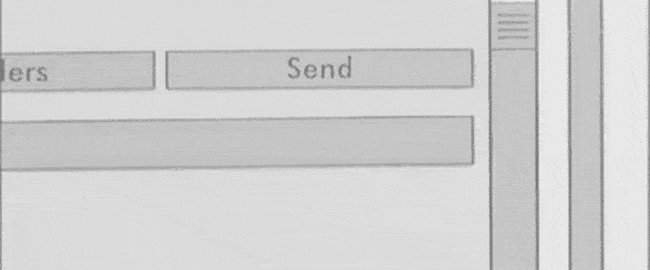
If you want to portray your company as different, you have to be okay with this. (Niklas Ohlrogge/Unsplash)
If Substack wants to build and improve upon the newsletter space, it has to do things unlike its common competitors for talented writer employment—that being traditional newsrooms.
And that includes how the company reacts as writers inevitably leave. To be clear, even though it has in the past paid out huge advances to some of the more prominent writers under its purview, these advances have never been contingent on the writers staying forever. Often, the contracts eventually end. Some of the writers will stay. Others will not.
Some will choose to leave right away, or wait years to make their call. And if Substack wants to distinguish itself from the places where talented writers traditionally have outposts, it has to wish people well and understand that it’s simply human nature to want to leave something you’ve been doing.
One thing they cannot do is retaliate, as they did to the editor Sam Thielman recently. In an entry written on Forever Wars, the site operated by his primary collaborator, national security writer Spencer Ackerman, Thielman laid out how simply having an association with Ackerman, who departed Substack for a paid Ghost site as soon as his contract was up, led to Substack ending its work with the editor.
Thielman is a content editor, writer, and collaborator who works on other newsletters and did so under contract with Substack, and, well, here is what they did, in Thielman’s words:
Substack’s brass had evidently taken Spencer’s voluntary departure as a personal betrayal, even though as of July 21, he was free to take this newsletter elsewhere. On Monday the 25th, Stone cc’ed the company lawyer on a notice of termination saying that “[c]onsidering your and Spencer’s post about the move off the platform, we are glad to release you from future commitments to work with Substack. I’m sure you’ll agree it makes sense for both sides. As such, we’ll be winding down your other Substack-funded editing relationships.”
I wrote back that I did not, in fact, agree that it made sense to fire me for editing something someone else had written on another platform. He responded, “Sam, I can only point back to that astonishing departure post. Substack and I have been nothing but deeply supportive of both you and Spencer.”
People did not like this news. When I heard about this news, I wrote the phrase “Good luck with your garbage fire guys,” targeted at Substack. (It was not in the spirit of the olive branch I shared a few months ago.)
Having slept on it, I’m a little less upset about the precedent this sets than I was last night. But I will say that I find it horribly offensive that Substack convinces these famous writers to jump on board, gives them free rein, and after they successfully fulfill their contracts, is upset that some of them decide not to stay on.
That is their choice. It doesn’t matter how many personal emails your team exchanged with them. That is their call, and as a platform that is trying to do right by writers, you need to live with that. No seething behind the scenes because you couldn’t convince a writer that contributed to a Pulitzer to stick around, that they simply weren’t happy with your product in the end. Hold up your end of the bargain—because it reflects on the next batch of potential users your service brings in.
There is evidence that Substack is not comfortable with this dynamic. Co-founder Hamish McKenzie, who started the service, wrote a very long blog post after Luke O’Neil, a writer he had personally brought onto the service, made the choice to leave. A key passage:
Writers have left Substack in the past, and it has always been hard. I hate that any writer might feel like Substack isn’t a place for them to publish and build. Everything we do is designed to help them thrive—it’s an imperative baked into our business model. But this departure hurt more than others.
At some point, we’re dealing with people and emotions. I get it. But at the same time, this is the promise you offer—don’t get mad behind the scenes or in front of the scenes just because someone found your model an imperfect fit. That’s what newspapers do when you’re a hot-shot reporter and you go to the competitor across town. If you want to rise above the climate these writers are often running away from, don’t do that.
I know that can be hard. But let people leave in the spirit you brought them in. Don’t turn the exit interview into an emotional wasteland or screw over their associates as payback.
That is what will differentiate Substack from every other platform. The technology itself is icing.
Time limit given ⏲: 30 minutes
Time left on clock ⏲: 6 minutes, 10 seconds



